Results
-
 £42.95
£42.95TWO HYMNS TO THE MOTHER OF GOD (Brass Band) - Tavener, John - Littlemore, Phillip
Two Hymns (A Hymn to the Mother of God (3:00); Hymn for the Dormition of the Mother of God (3:45)) were written in memory of the composer's mother. The first, originally composed for double choir, is a setting of a text from the Liturgy of St. Basil. It speaks of the almost cosmic power attributed to the Mother of God by the Orodox Church. The second comes from the Vigil Service for the Dormition (or falling asleep) of the Mother of God. She invites the apostles to gather together from the ends of the earth to bury her body in Gethsemane, and asks her son to receive her spirit.
Estimated dispatch 7-14 working days
-
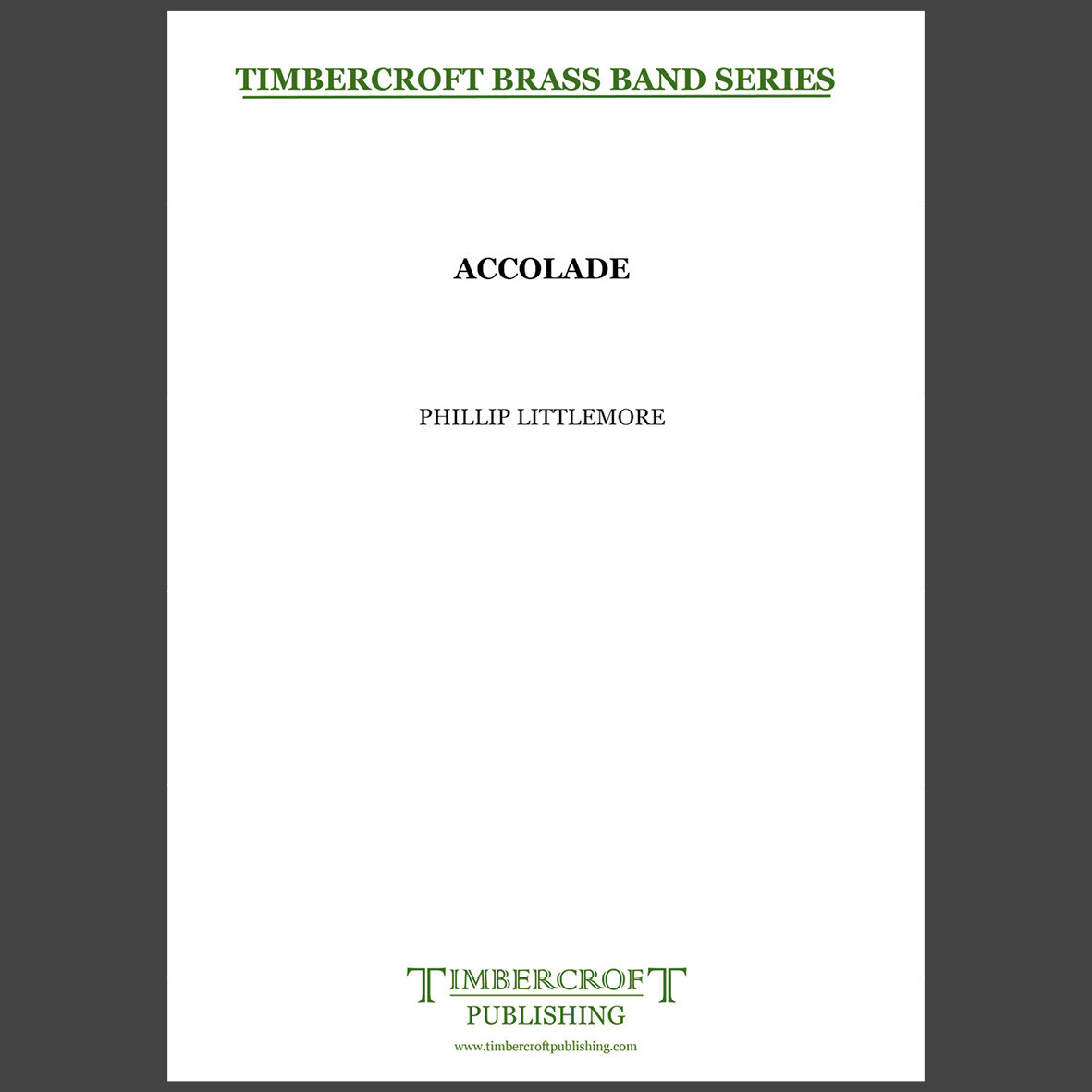 £25.00
£25.00Accolade - Phillip Littlemore
Accolade - meaning an award, an honour or a laudatory notice. This fanfare for brass band literally builds from the bottom up as a battery of percussion leads to the lower band's statement of the theme before passing through the middle of the band that builds with a series of interjections. The theme is then restated in the upper band before the battery of percussion returns to end.The fanfare was written for Regent Brass as the title track for their 1990 recording to celebrate both their 5th anniversary and to being crowned 3rd Section Champion Band of Great Britain in 1988 - an accolade indeed!Duration: c.1'00"Diffiiculty: Suitable for all grades
Estimated dispatch 5-7 working days
-
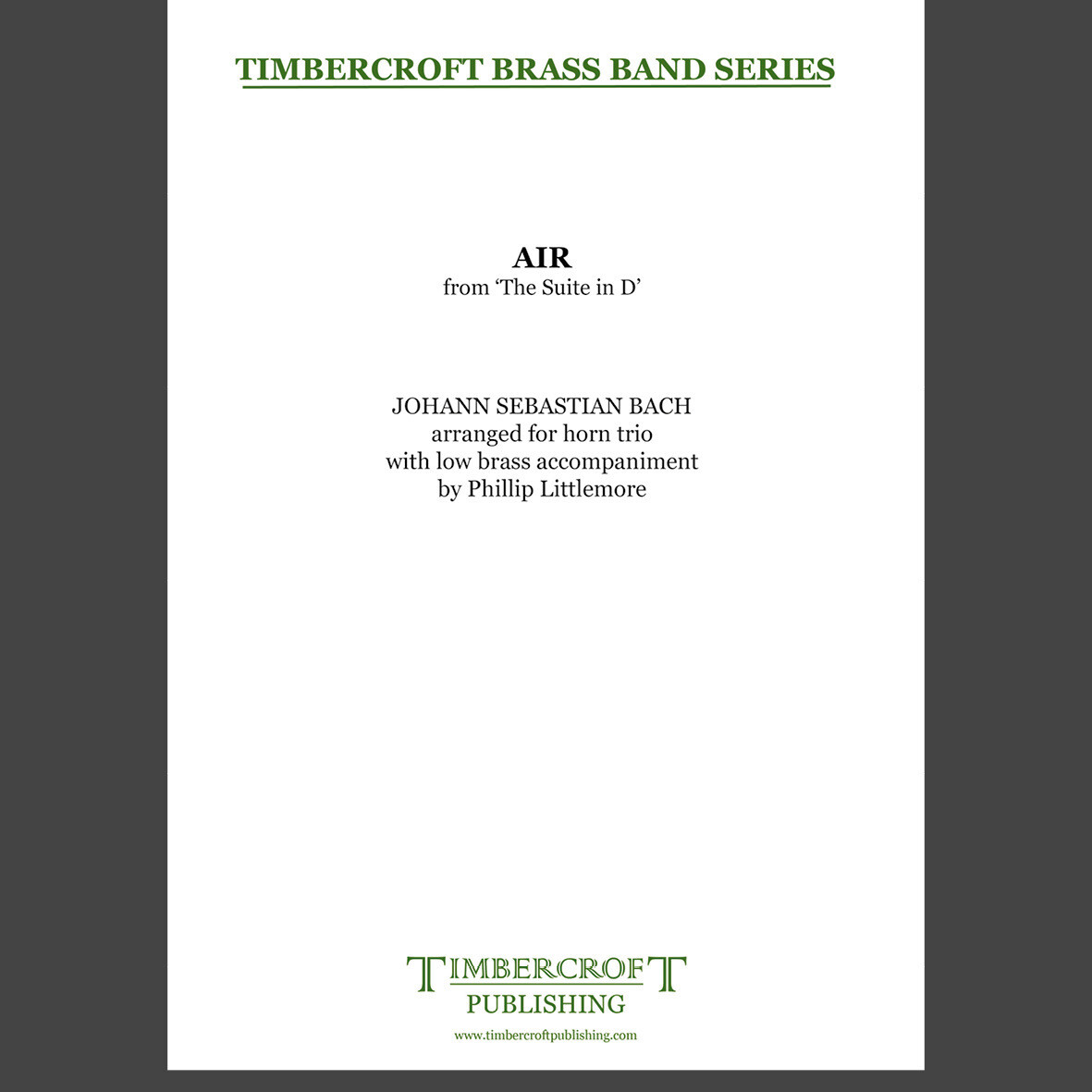 £25.00
£25.00Air from the Suite in D - J. S. Bach arr. Phillip Littlemore
Johann Sebastian Bach's Suite No. 3 in D, from a set of four such suites, was recreated from a set of autographed parts from around the 1730s, as no score has survived. The music is believed to date from some years prior to that and is possibly derived from an even earlier work than that.The Air, perhaps the most famous movement from all the Suites, has been arranged as a tenor horn feature, although there is no part for cornets, bass trombone, euphoniums or percussion in this transcription.Duration: c. 3 minutesDifficulty: Suitable for all
Estimated dispatch 5-7 working days
-
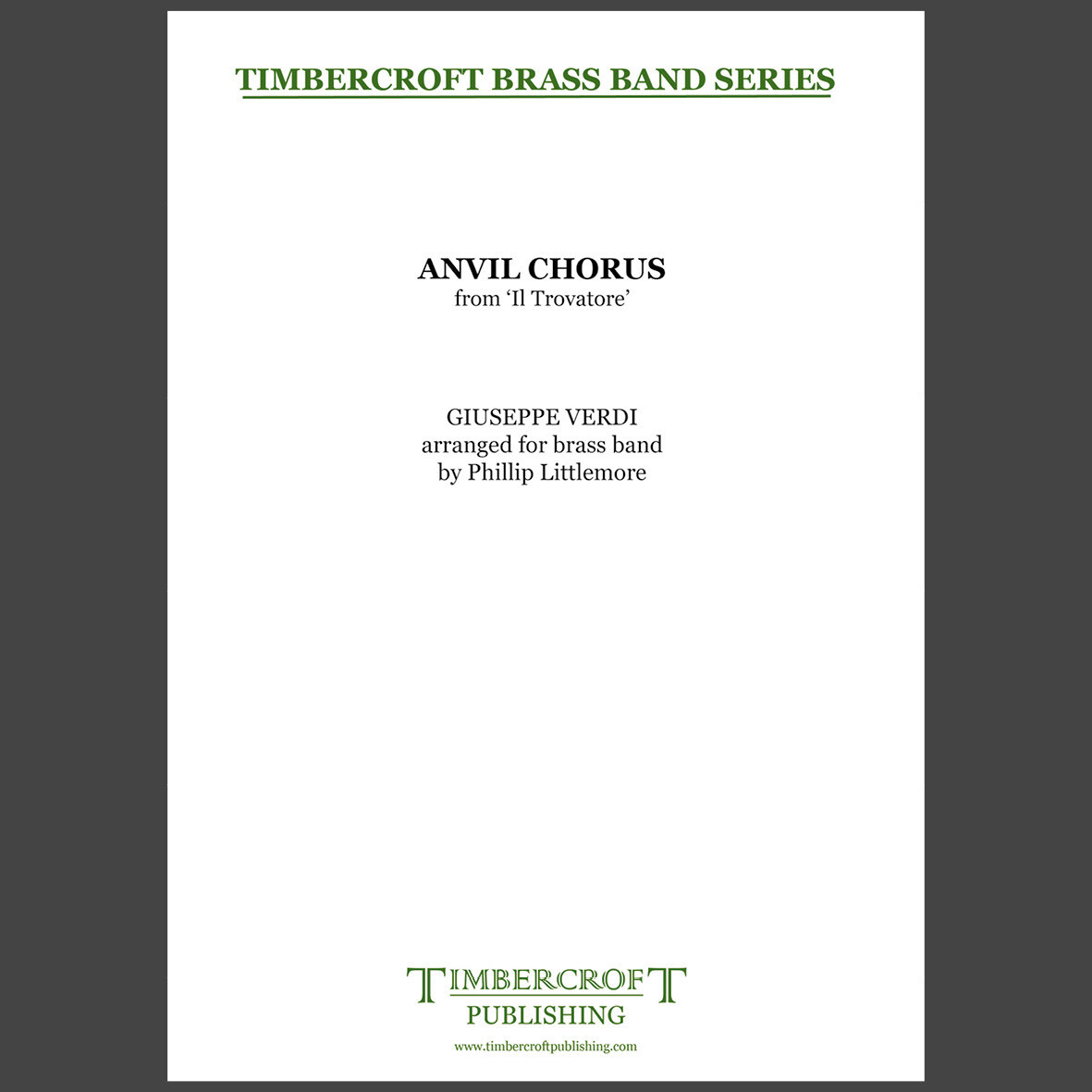 £30.00
£30.00Anvil Chorus from Il Trovatore - Giuseppe Verdi arr. Phillip Littlemore
The Anvil Chorus from Verdi's opera Il Trovatore is from Act II. The original Italian is 'Coro di zingari' (Gypsy chorus), and it depicts the Gypsy men striking their anvils (hence the English name) and singing the praises of hard work, good wine and their women!Duration: c.4'30"Difficulty: 3rd Section and above
Estimated dispatch 5-7 working days
-
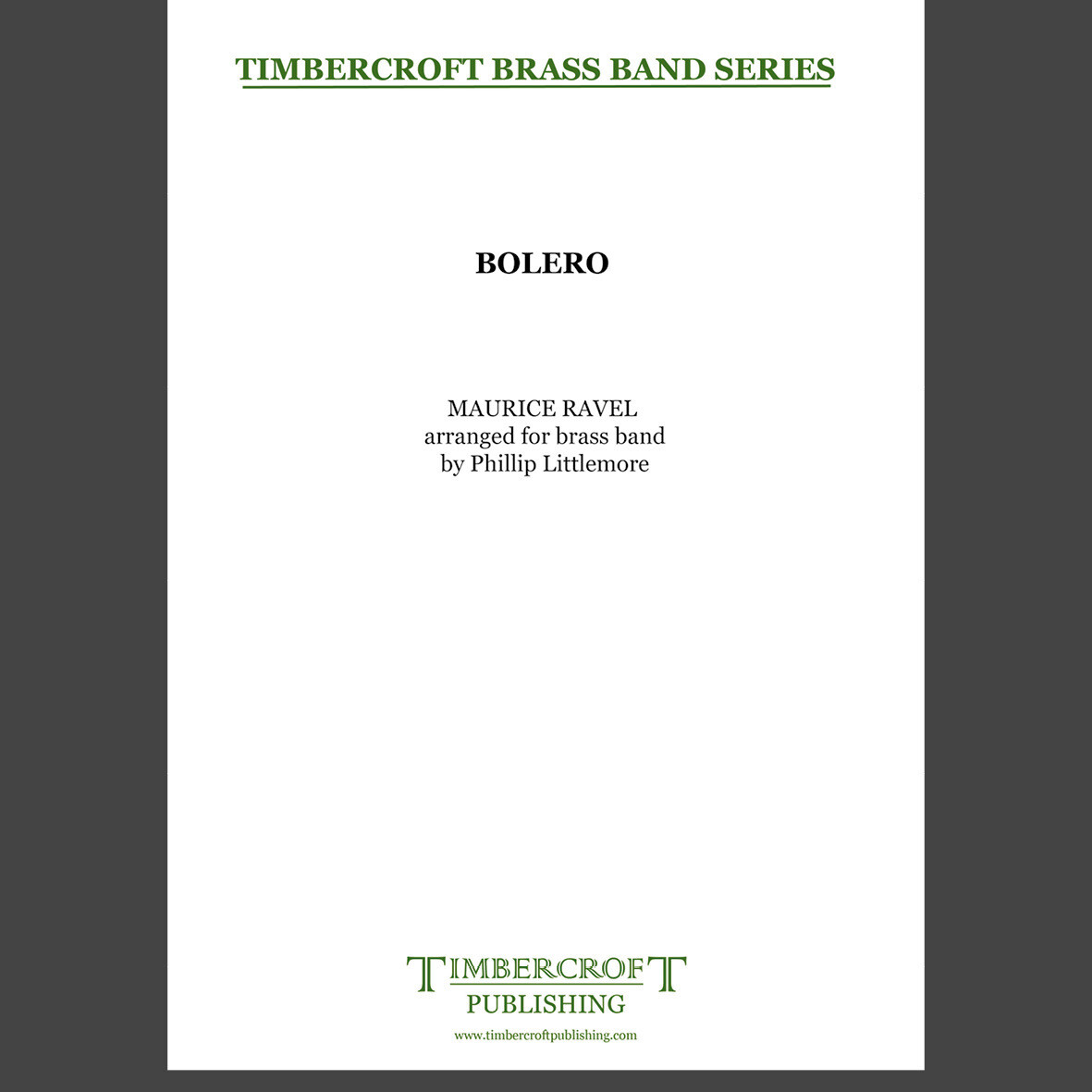 £35.00
£35.00Bolero - Maurice Ravel arr. Phillip Littlemore
Ravel's one-movement orchestral piece Bolero was written in 1928. It epitomises Ravel's preoccupation with restyling and reinventing dance movements. It was also one of the last pieces he composed before illness forced him into retirement. The original version has a duration of between 15 and 18 minutes, depending on the tempo set by the conductor. This brass band arrangement is significantly shorter, lasting a mere 4 minutes or so. There is also an 'extra' ending, similar to that used in the musical sensation Blast! which almost guarantees additional applause at a concert!Duration: c.4'30"Dofficulty: 3rd Section and above
Estimated dispatch 5-7 working days
-
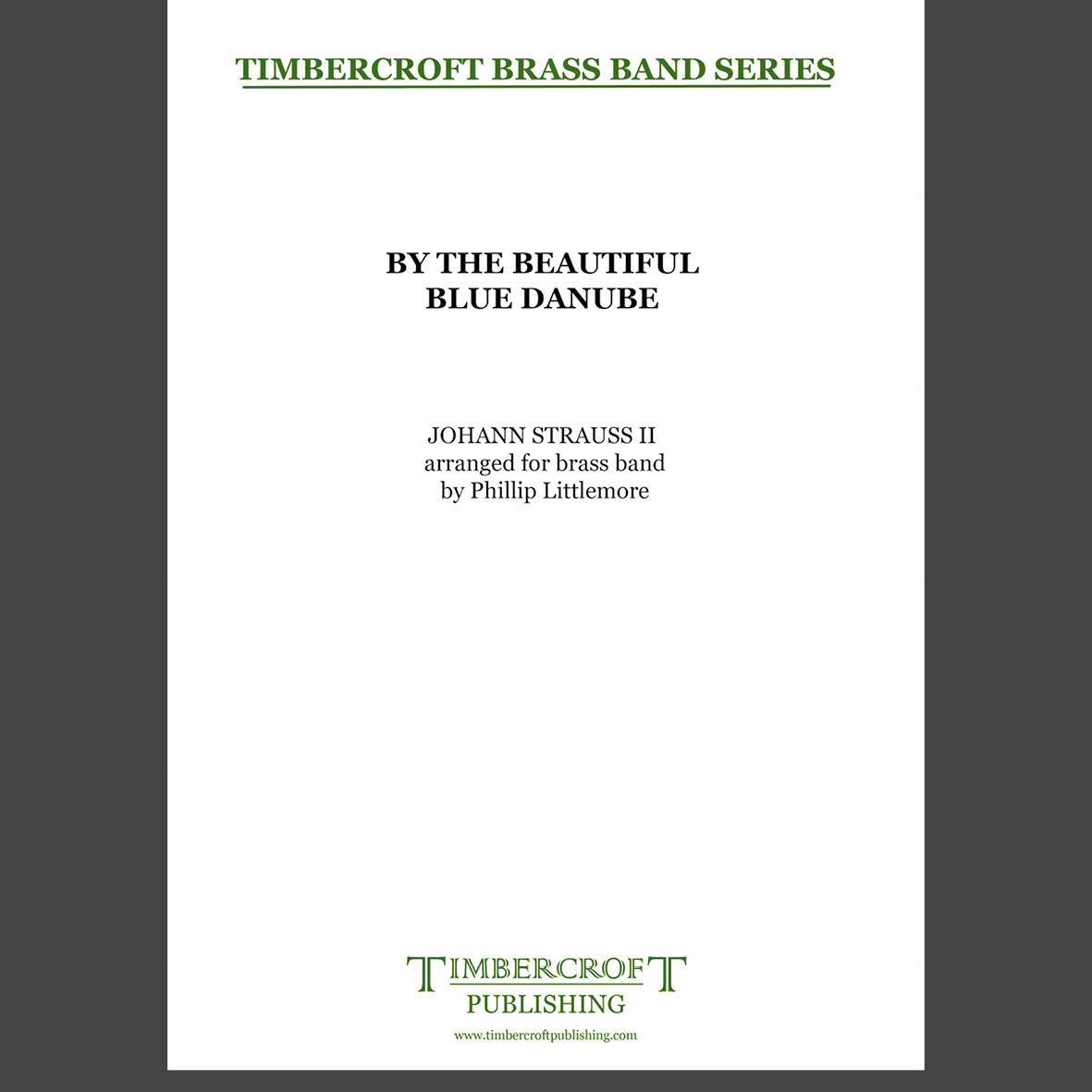 £35.00
£35.00By The Beautiful Blue Danube - Johann Strauss II arr. Phillip Littlemore
The Blue Danube or, to be more precise, By The Beautiful Blue Danube was composed by Johann Strauss II in 1866. It has remained one of the most consistently popular pieces of music in the classical repertoire although its initial performance was considered only a mild success. Duration: c. 8'00" (5'30" without repeats)Difficulty: Suitable for all grades
Estimated dispatch 5-7 working days
-
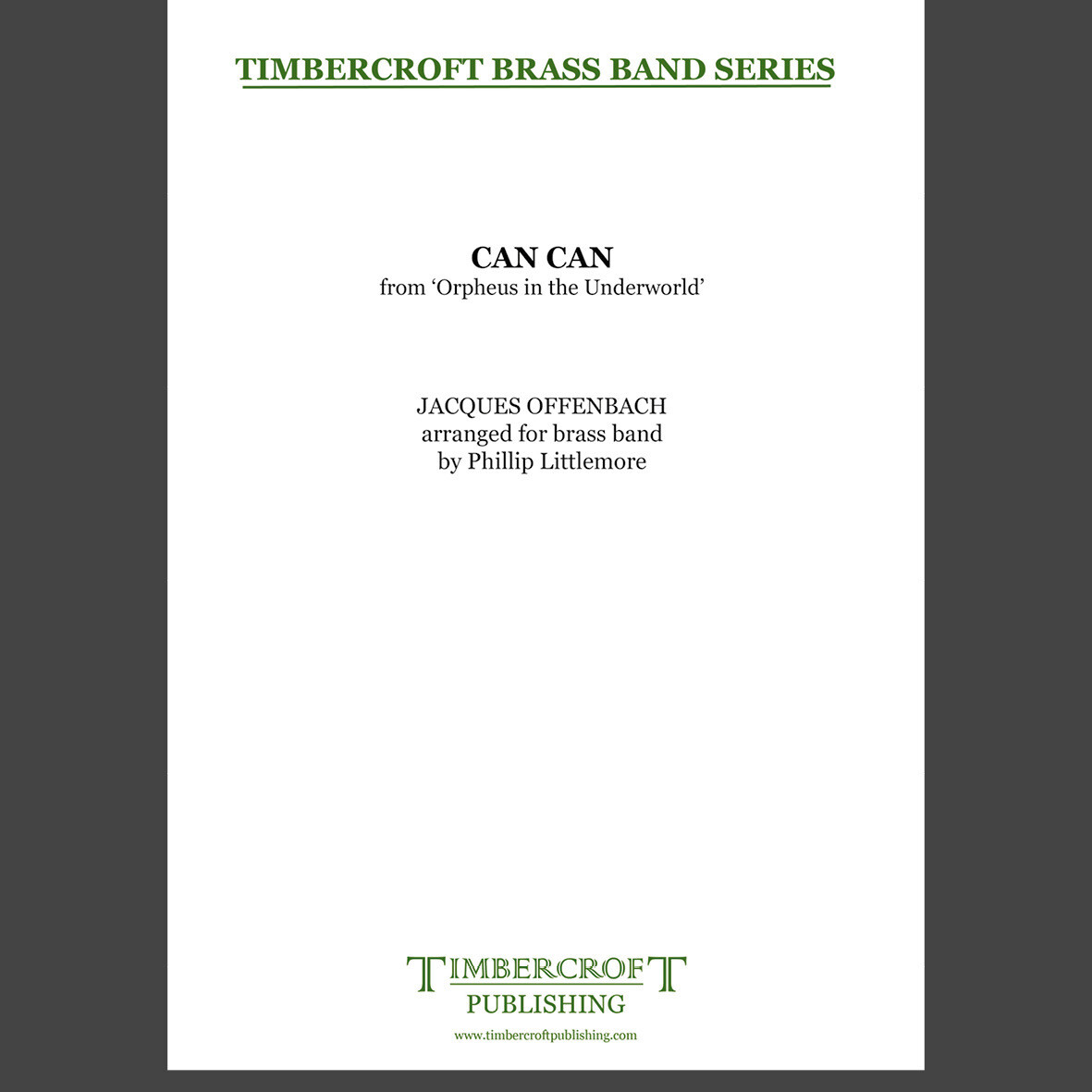 £30.00
£30.00Can-Can from Orpheus In The Underworld - Jacques Offenbach arr. Phillip Littlemore
Offenbach's Orpheus in the Underworld is an opera bouffon, and first performed in 1858. The operetta is an irreverent parody and scathing satire on Gluck and his Orfeo ed Euridice and culminates in the risque 'Infernal Galop'. The 'Infernal Galop' from Act II, is famous outside of classical music circles as the music for the Can-can. This brass band version is a straight-forward transcription directly from the orchestral original.Duration: 2'30"Difficulty: Suitable for all grades
Estimated dispatch 5-7 working days
-
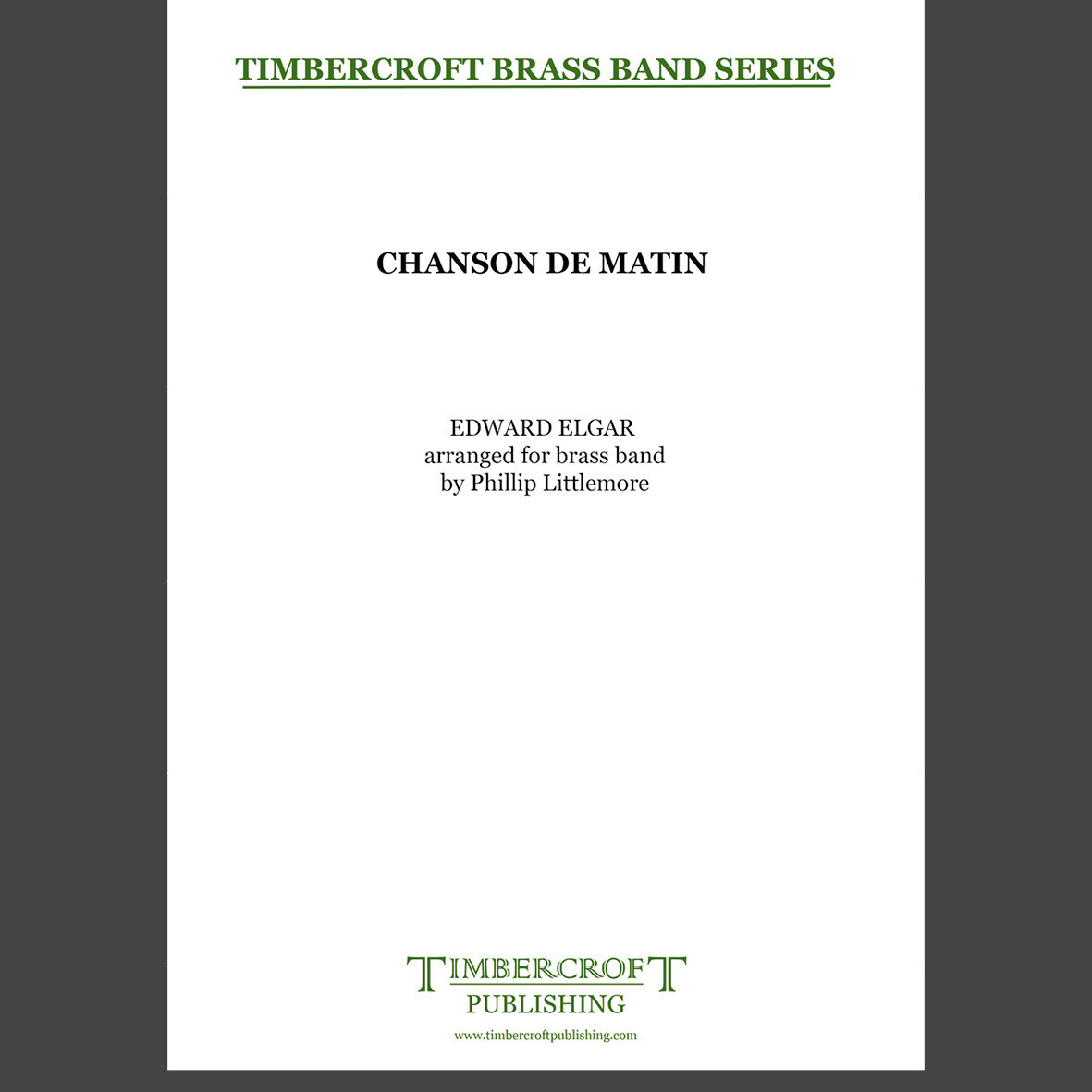 £30.00
£30.00Chanson de Matin - Edward Elgar arr. Phillip Littlemore
Chanson de Matin is typical of Elgar's wistful style which, despite the title, has come to represent a nostalgic view of his native Worcestershire and the Malvern Hills in particular. Elgar presented his publisher with this work, originally written for violin and piano, shortly after the success of his Enigma Variations . In a note to accompany the score Elgar referred to piece as something he had found and dusted off, which thought it would serve as a suitable companion piece to the Chanson de Nuit , written a few years earlier.The orchestral version, from which this arrangement is made, was premiered in September 1901 at the Queens Hall, London alongside that same companion piece, Chanson de Nuit .Duration: 3'50"Difficulty: Suitable for all grades
Estimated dispatch 5-7 working days
-
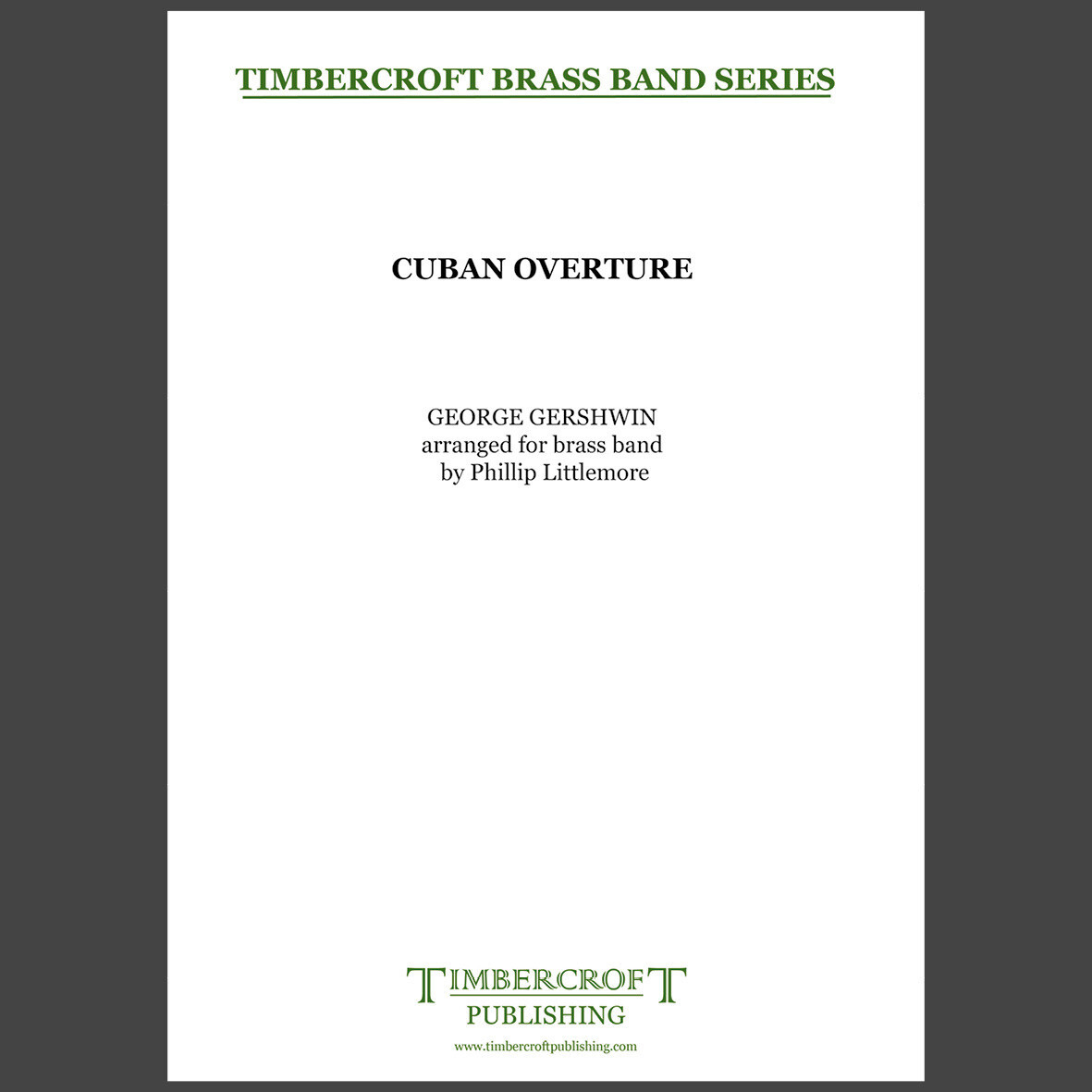 £45.00
£45.00Cuban Overture - George Gershwin arr. Phillip Littlemore
Originally entitled Rumba, the Cuban Overture was a was written some time following a two-week holiday which Gershwin took in Havana in February 1932. The overture is dominated by Caribbean rhythms and Cuban native percussion, with a wide spectrum of instrumental colour and technique. It is a rich and exciting work with complexity and sophistication, illustrating the influence of Cuban music and dance. Although it received it's premiere under the title Rumba, it was renamed Cuban Overture three months later at a benefit concert conducted by Gershwin at the Metropolitan Opera to avoid giving audience the idea that it was simply a novelty item. The new title provided, as the composer stated, "a more just idea of the character and intent of the music".Duration: 6'20"Difficulty: 1st Section and above
Estimated dispatch 5-7 working days
-
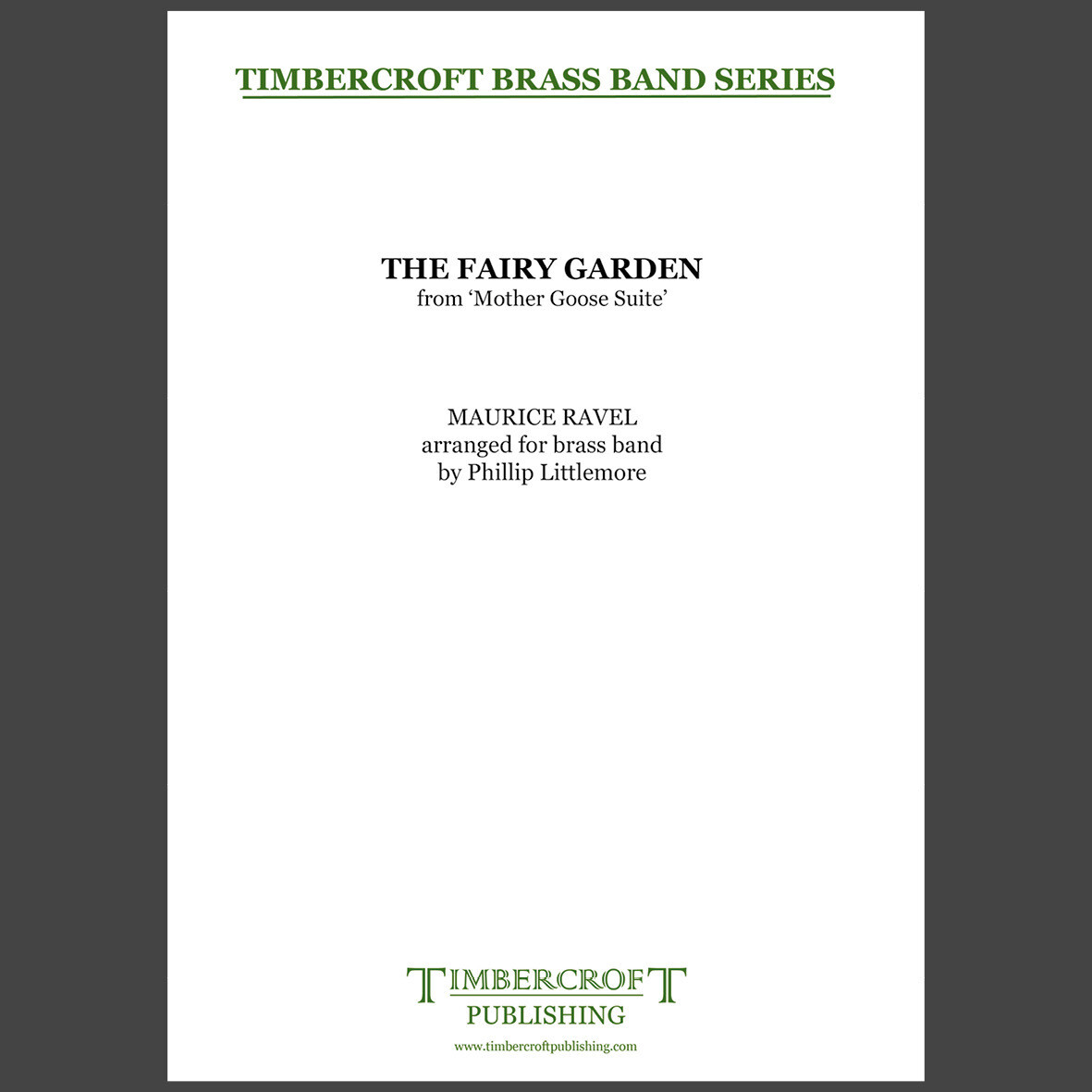 £30.00
£30.00Fairy Garden, The - Maurice Ravel arr. Phillip Littlemore
Ravel wrote his five short piano pieces entitled Ma Mere l'Oye (Mother Goose) for two young children, Mimie and Jean Godeski in 1910. The suite invites us to the enchanted world of childhood through these five atmospheric tales. The final part of Ravel's suite is a grand finale, although where Ravel got his inspiration for the fairy garden is unknown. Whatever its origin, it certainly is a delightful piece of music - slow in tempo, quiet to start, with rich harmonies and delicate solos, all leading to a tumultuous climax.Duration: 3'00"Difficulty: Suitable for all grades
Estimated dispatch 5-7 working days
